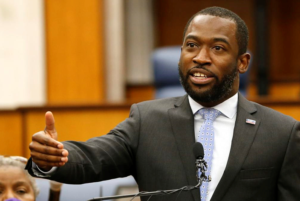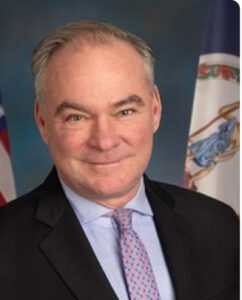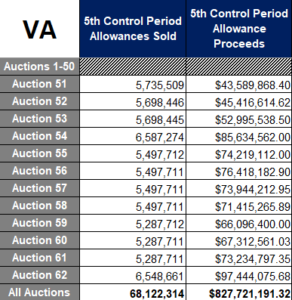By Steve Haner
For the third year in a row, Democrats in the Virginia Senate have shot down an effort to divorce Virginia’s auto dealers from California’s impending mandates on electric vehicle sales. But before the predetermined vote went down, the new chair of the committee made a surprise announcement that he and his colleagues are open to revisiting Virginia’s legal rush to end fossil fuels.
Senator David Marsden, D-Fairfax, said he and Senator Creigh Deeds, D-Charlottesville, have discussed using the period between the 2024 and 2025 General Assembly sessions to convene a conference on the 2020 Virginia Clean Economy Act (VCEA) and the many other statues they passed to suppress coal, oil and natural gas use. Republicans later shared his musings on X.
What serious problems, Mr. Chairman? Tell us more.
Marsden is the new chair of the Senate Agriculture, Conservation and Natural Resources Committee and Deeds now chairs the Commerce and Labor Committee. The Virginia Mercury noted Marsden’s comments at the tail end of its report on the meeting, but it was the only actual news to break out that afternoon. The Richmond Times-Dispatch failed to mention Marsden’s announcement but had a nice photo of a half-empty Tesla charging lot in California.
Truth would have been better served by a photo of the stranded EV’s waiting for crowded, failing chargers in frigid climes this week. There is a reason consumers have not been rushing to buy EV’s at the expected rates. Despite the happy talk from mandate proponents, the targets are pie-in-the-sky. The only winner in this whole process is Tesla, getting rich selling carbon credits under the cap-and-trade element of the California regime. Continue reading

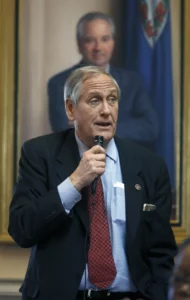
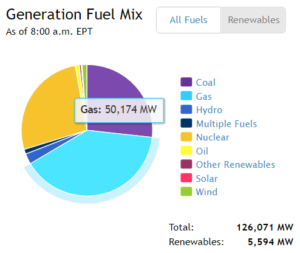
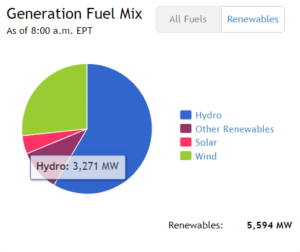
 by Dick Hall-Sizemore
by Dick Hall-Sizemore

